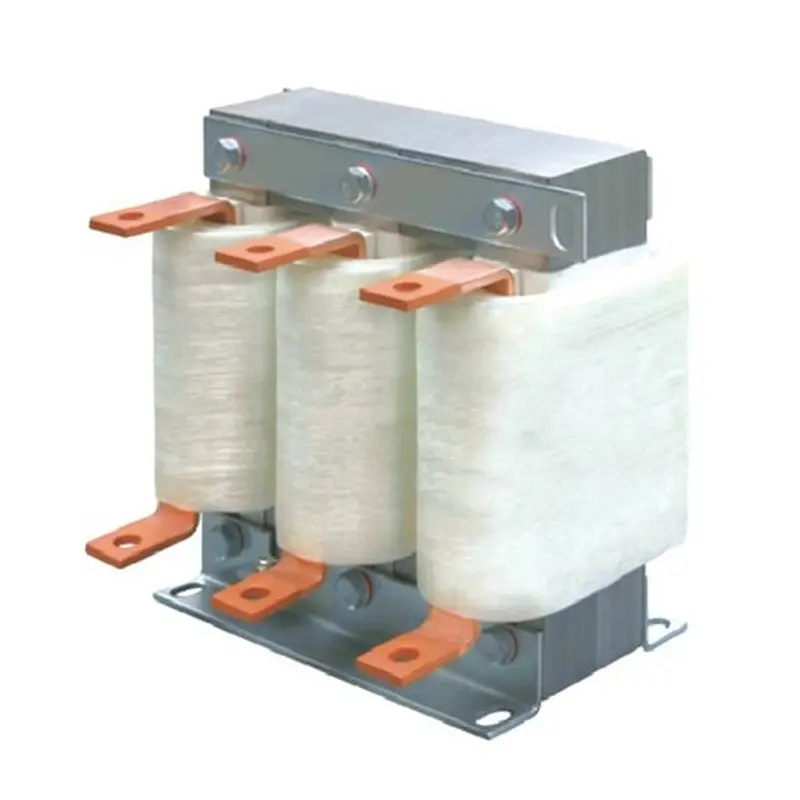
The output reactor is an essential component in motor control and inverter systems. It is used for smooth filtering, reducing transient voltage dv/dt, and extending motor life. They play a vital role in reducing motor noise, eddy current losses, and leakage currents caused by high-order harmonics in low-voltage output. In addition, output reactors help protect the power switching devices inside the inverter, making them an integral part of ensuring efficient and safe operation of motor control and inverter systems.
The output reactor is used for smoothing filtering and is designed to provide reliable and consistent power to the motor. By reducing the transient voltage dv/dt, output reactors help maintain a stable output voltage and prevent voltage spikes that could damage the motor or connected equipment. This smooth filtering improves the overall performance and reliability of the motor control system, ensuring uninterrupted operation and preventing costly downtime.
In addition to smoothing filtering, the output reactor also plays a key role in extending the life of the motor. By reducing eddy current losses, output reactors help minimize energy loss and heat generation that would otherwise lead to premature motor wear and failure. This extends the service life of the motor, reduces maintenance costs and increases the overall efficiency of industrial operations.
Additionally, output reactors help reduce motor noise, which can be an important issue in industrial environments. By mitigating the effects of higher harmonics and leakage currents, output reactors help minimize electromagnetic interference, allowing motors to run quieter and more efficiently. This is particularly important in applications where noise pollution is a concern, such as in residential areas or sensitive industrial environments.
In addition, the output reactor also has the key function of protecting the power switching devices inside the inverter. By mitigating the effects of higher harmonics and leakage currents, output reactors help protect sensitive electronic components from damage and premature failure. This not only ensures the reliability and longevity of the inverter system, but also minimizes the risk of costly repairs and replacements, ultimately reducing operating expenses.
To sum up, the output reactor is an indispensable component in motor control and inverter systems. It plays a vital role in ensuring smooth filtering, extending motor life, reducing motor noise, and protecting power switching devices. Their ability to reduce transient voltage dv/dt, minimize eddy current losses, and mitigate higher harmonics and leakage currents makes them critical to maintaining the efficiency, reliability, and safety of industrial operations. Therefore, adding output reactors to motor control and inverter systems is a sound investment that can bring long-term benefits in terms of improved performance, reduced maintenance costs and enhanced operational reliability.
Post time: Dec-06-2023